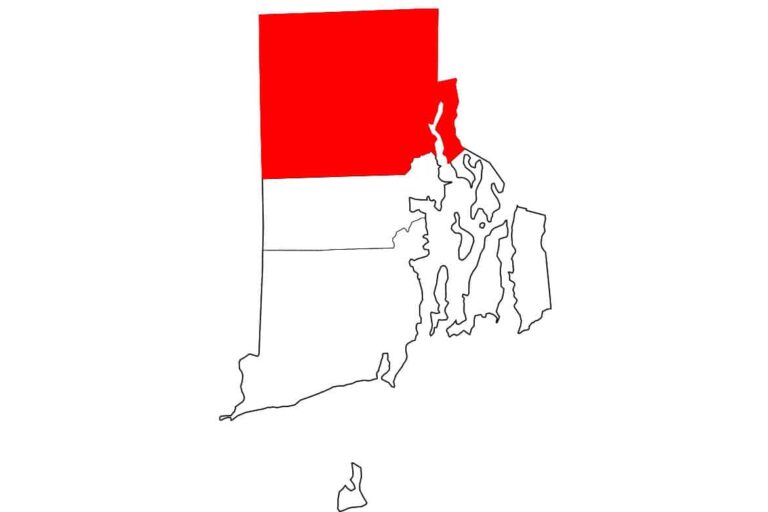EDCC Reports Equine Influenza in California
Eight horses have been confirmed to have equine influenza and are in quarantine at the veterinary teaching hospital at the University of California, Davis, in Yolo County. Clinical signs include fever, coughing and nasal discharge. The origin of the first case is under investigation. For more information go to http://www.vetmed.ucdavis.edu/whatsnew/article.cfm?id=3597.
The University of California, Davis, Statement
On Wednesday, July 27, 2016, a horse was evaluated at the UC Davis veterinary hospital’s Large Animal Clinic (LAC) for an elective surgical procedure. That horse was clinically normal over the weekend, but developed a fever and cough. It was tested for respiratory pathogens with a molecular test on Monday, August 1, and tested positive for equine influenza (flu) virus infection. The horse was immediately moved to the hospital’s isolation unit – a separate barn on the property far removed from the main barn that houses hospitalized patients. This isolation unit has separate stalls, each with its own air space, and is staffed with separate personnel who do not have contact with other hospitalized horses.
Since then, every horse in the hospital has been tested daily, and a few horses in proximity to the index horse have also tested positive for flu. Those horses were also immediately moved to the isolation unit. Positive horses not needing additional medical treatment were allowed to be released to their owners if they had the proper home facilities to isolate them from other horses that may be on their property. Those still needing medical treatment will remain in the isolation unit until they are ready to safely return home.
Because flu is highly contagious, as a precautionary measure, UC Davis is currently limiting appointments to emergencies and critical re-check appointments until we are certain that the hospital is free of flu. All outpatient appointments will be handled in a separate area to the positive animals now being managed in isolation. UC Davis is recommending that any horse coming to its veterinary hospital be current on flu vaccination.
Equine influenza viruses do not infect humans, dogs or other animals, although an equine influenza virus mutated to infect dogs approximately 15 years ago and is now circulating as a low-pathogenicity canine influenza virus in the dog population, mostly infecting dogs in shelter environments.
The LAC was fortunate to be in the unique position of being able to detect, test for, and confirm the equine flu virus quickly because of its rigorous routine infectious disease control (IDC) program. The hospital’s close proximity to the on-campus Real-time PCR Research and Diagnostics Core Facility laboratory and the California Animal Health and Food Safety Laboratory System allowed the LAC to test a large number of horses and have results back within just a few hours. Having our designated, highly experienced IDC officer, Dr. Gary Magdesian (also a board-certified critical care specialist), was paramount in quickly discovering and addressing this situation.
In this case at UC Davis, the equine IDC screening protocols for all hospitalized patients, routine biosecurity, and rapid test turnaround time have greatly reduced the potential negative impacts of the introduction of a horse incubating flu to the hospital.
As this is equine flu season (and the index horse had a history of possible exposure at an equestrian event), it is a great time for all horse owners to remember that horses should be boosted for flu approximately every four to six months, or as recommended by their veterinarian based on the amount they travel and their exposure risk.
The flu is caused by a group of common respiratory viruses that infect many species sporadically, including horse populations. Influenza viruses that infect horses can be problematic in large barns, show grounds, competitive events, and areas were multiple horses from varying backgrounds congregate and disperse.
Clinical signs of equine flu include fever, cough, nasal discharge, and occasional leg swelling. The time from infection to clinical signs ranges from as short as one day to several days.
The most common means of transmission is through aerosols generated by horses with cough; therefore, infection can spread many feet, particularly in closed airspaces. Transmission can also occur through fomite transmission, meaning from objects such as contaminated rags, tack, buckets, and horse trailers, as well as human hands. Shedding typically lasts for seven to 10 days in non-vaccinated horses, and for a shorter period in previously vaccinated horses. Fortunately, flu has a low mortality rate, but it can lead to cough, fever, and malaise, as human flu does in people.
Equine influenza control measures include:
Isolation: Known infected horses should be immediately isolated from other horses and should remain isolated for a minimum of 10 days past the last day of clinical signs or two consecutive negative PCR tests.
Vaccination: While vaccination can prevent the disease and make the clinical signs much less severe in many cases, it may take several weeks to induce immunity. It is not always 100 percent protective, and protection does not persist for a long time. However, even when not completely protective, the duration and amount of shedding is reduced in horses that are vaccinated. Most vaccination manufacturers recommend vaccinating horses against the flu every four to six months for the most effective coverage.
Additional information on equine influenza can be found at: http://www.aaep.org/info/equine-influenza.








